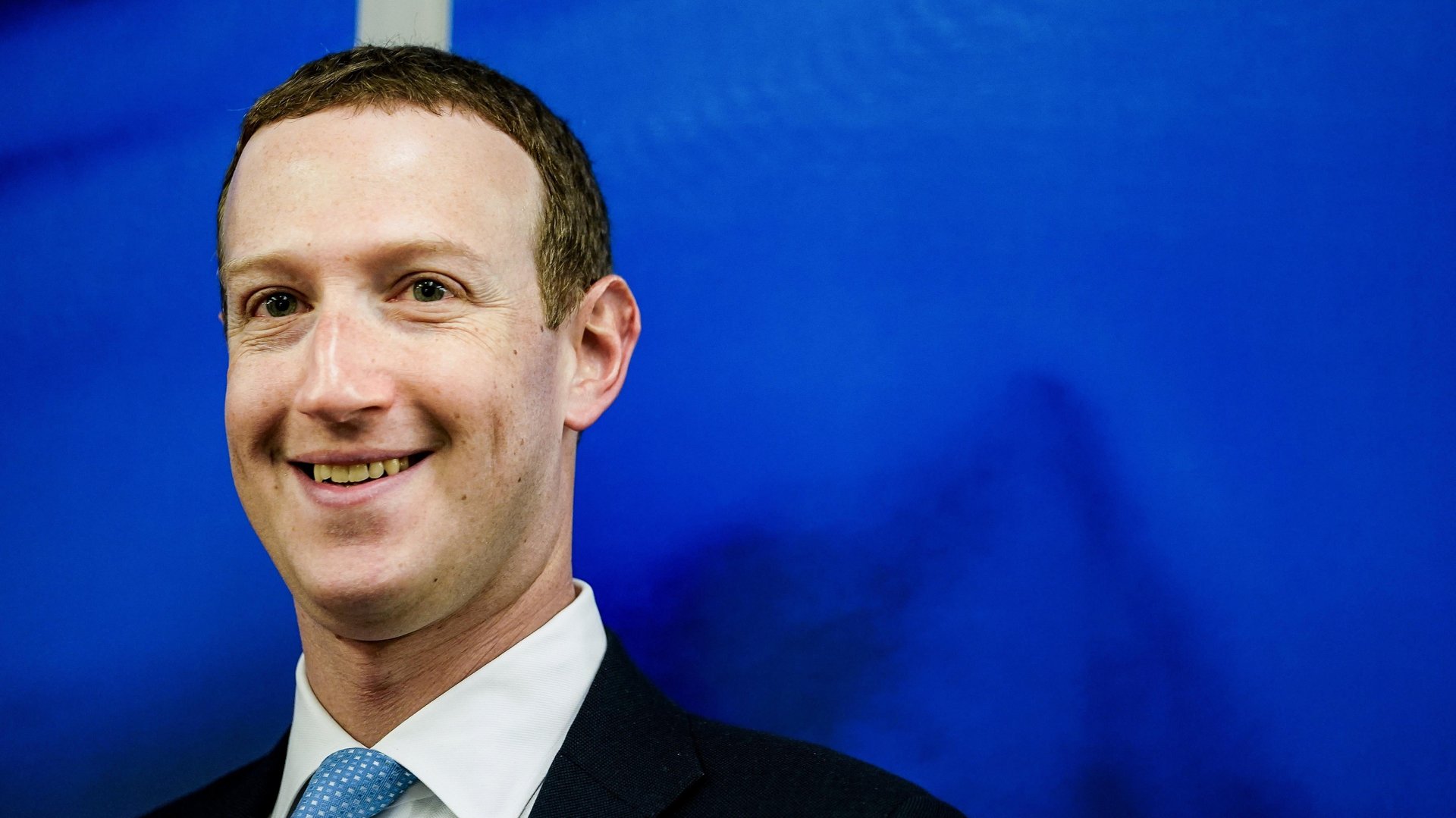Will Meta and Twitter settle the debate over founder power?
Facebook and Twitter chose different share structures for their companies. Was either effective?

The two great social networks of our time are at an inflection point, mainly because of their capital structures. Elon Musk’s impending take over of Twitter and Mark Zuckerberg’s quixotic foray into the metaverse are driven in each case by who is allowed to purchase control of the company—and who is not.
When Meta went public as Facebook a decade ago, the terms included two classes of stock: Regular Class A stock for the markets, and special Class B shares for Zuckerberg and other insiders. The latter category comes with 10 times the voting rights as the former, allowing Zuckerberg to control the company’s direction while, today, only owning about 13% of its stock.
In 2012, that led to something of a debate, as public investors typically expect to control a company that they own. But Facebook’s bankers argued that Zuckerberg’s vision was a key ingredient of the company’s special sauce. Other internet firms, like Google and Airbnb, included similar structures in their own public offerings.
The next year, Twitter also went public, but it didn’t include a dual-class share structure. Unlike Facebook, Twitter did not have the revenue to make special demands of stock buyers. Its founders still made fortunes thanks to their equity stakes in the firm, but they didn’t have special voting rights.
Fast forward to the dramas at Facebook and Twitter today...
Today, the two companies are facing arguably their most difficult moments.
Facebook’s stock price has fallen by more than half in the last year. While the company is still a cash machine, that is largely thanks to purchasing the WhatsApp and Instagram platforms. Zuckerberg, who continues to control the company, has made huge investments in the metaverse, a still sketchily defined collection of virtual reality experiences. Thus far, interest, even within the company, has been low.
On Oct. 24, activist investor Brad Gerstner, the founder and CEO of Altimeter Capital, wrote a public letter to Zuckerberg, telling him to cut costs and limit the company’s investment in the metaverse. But the Meta CEO doesn’t have to listen, and despite the critics, seems prepared to bet his company on virtual reality. That’s founder power at work.
At Twitter, meanwhile, the founders were long ago ousted, though Jack Dorsey later returned as CEO. Throughout, the company has been a frequent target for unconsummated M&A fantasies (should Disney have bought Twitter in 2016?) as well as a target for letters like the one Altimeter just sent Facebook. For example, in 2020 the activist hedge fund Elliot Advisers forced Dorsey to appoint three new board members; a year later Dorsey himself was ousted.
Musk’s purchase of Twitter, expected to be finalized Oct. 28, is in some sense inevitable for an underperforming public company that never found the financial footing to match the vibrancy of its platform. The generous sales price is certainly going to realize more value for Twitter’s investors than they may have ever anticipated a year ago.
And yet, there is a sense that Musk’s agenda for the company could do with some insider knowledge: His plans include more censorship for bots and spam accounts, but less moderation of offensive speech, all while reportedly planning to cut the company’s workforce by 75%. Veterans of social media companies have warned that advertisers will be wary of some of these plans.
Musk also has suggested a major pivot for Twitter, toward a model akin to WeChat that combines social media, messaging, and e-commerce. That won’t be easy to do while cutting headcount and paying $1 billion interest each year to service the loans required for Musk’s takeover.
The power of company founders
The future of these two platforms can show us whether a free market for corporate ownership matters, at last for social media networks like these. Will Zuckerberg’s singular vision and commitment to the firm he invented outweigh concerns that he’s more than a bit out of touch? Will Musk’s, uh, dynamic new leadership at Twitter allow investors to realize the value of the platform in ways its originators could never imagine?
There is another option, too: Perhaps social media platforms aren’t that suited for corporate ownership. Their role as a digital public square immediately drags them into political disputes, invites privacy concerns, and makes them targets for hackers and propagandists. Dorsey himself has suggested that Twitter would be better off as a decentralized protocol than a company, while Zuckerberg’s hunt for a pivot point—remember Libra, the company’s short-lived crypto scheme?—suggests that Facebook’s status quo isn’t a long-term strategy for success.
If that’s true, then neither a founder’s vision nor an activist takeover can be relied upon to navigate these companies. So perhaps we’re really learning the answer to a different kind of question in the theology of Silicon Valley: Can a founder create a company too powerful to be owned at all?
